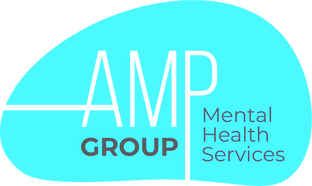
Attention Deficit Hyperactivity Disorder (ADHD) is a neurological disorder that affects both children and adults. It is characterized by symptoms such as difficulty paying attention, impulsivity, and hyperactivity. While therapy and lifestyle changes can be helpful, medication is often prescribed to manage symptoms. In this blog, we will explore how ADHD medication works and four things you need to know when taking them.
How ADHD Medication Works
ADHD medication works by increasing the levels of neurotransmitters in the brain. Neurotransmitters are chemical messengers that allow nerve cells to communicate with each other. The most common neurotransmitters targeted by ADHD medication are dopamine and norepinephrine.
Dopamine is a neurotransmitter that plays a key role in motivation, reward, and pleasure. It is also involved in attention and focus. Norepinephrine is a neurotransmitter that is involved in alertness, attention, and mood.
ADHD medication works by increasing the availability of dopamine and norepinephrine in the brain. This can help improve attention, reduce impulsivity, and decrease hyperactivity.
There are two main types of ADHD medication: stimulants and non-stimulants.
Stimulants are the most commonly prescribed medication for ADHD. They work by increasing the release of dopamine and norepinephrine in the brain. Some examples of stimulants include Ritalin, Adderall, and Vyvanse.
Non-stimulants work by increasing the levels of norepinephrine in the brain. They are typically prescribed for individuals who do not respond well to stimulants or who experience side effects from stimulants. Some examples of non-stimulants include Strattera and Intuniv.
Four Things You Need to Know When Taking ADHD Medication
1.Follow the Dosage and Instructions Carefully
ADHD medication should be taken exactly as prescribed by your healthcare provider. It is important to follow the dosage and instructions carefully to ensure that the medication is effective and safe. Do not increase or decrease the dosage without consulting your healthcare provider. If you have any questions or concerns about your medication, talk to your healthcare provider.
2. Be Aware of Side Effects
ADHD medication can cause side effects, although not everyone experiences them. Some common side effects of stimulants include decreased appetite, trouble sleeping, and irritability. Some common side effects of non-stimulants include drowsiness, upset stomach, and headache.
It is important to be aware of the potential side effects of your medication and to talk to your healthcare provider if you experience any. Your healthcare provider may adjust your dosage or switch you to a different medication if you experience side effects.
3. Monitor Your Symptoms
ADHD medication can be helpful in managing symptoms, but it is important to monitor your symptoms and report any changes to your healthcare provider. If you feel that your medication is not working effectively or if you are experiencing new or worsening symptoms, talk to your healthcare provider.
It is also important to monitor your mental health while taking ADHD medication. Some individuals may experience mood changes or develop symptoms of anxiety or depression. If you experience any changes in your mood or mental health, talk to your healthcare provider.
4. Develop Healthy Habits
ADHD medication can be helpful in managing symptoms, but it is important to develop healthy habits to support overall well-being. This can include getting regular exercise, eating a healthy diet, getting enough sleep, and practicing stress-reduction techniques such as meditation or yoga.
It is also important to develop strategies for managing symptoms outside of medication. This can include using a planner or calendar to stay organized, breaking tasks down into smaller steps, and setting reminders for important tasks.
Final thoughts on ADHD Medications
ADHD medication can be a helpful tool in managing symptoms, but it is important to use them properly and be aware of potential side effects. It is important to follow the dosage and instructions carefully, be aware of potential side effects, monitor your symptoms and mental health, and develop healthy habits.
If you are considering ADHD medication, talk to your healthcare provider to determine the best treatment plan for you. They can help you understand the benefits and risks of medication, as well as any alternative treatments that may be appropriate.
Remember that medication is not a cure for ADHD, but rather a tool to help manage symptoms. It is important to work with your healthcare provider to develop a comprehensive treatment plan that includes medication, therapy, and lifestyle changes.
By taking these steps and working closely with your healthcare provider, you can effectively manage your ADHD symptoms and improve your overall quality of life.





